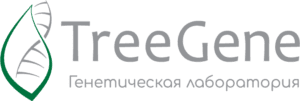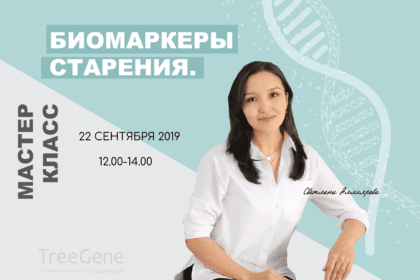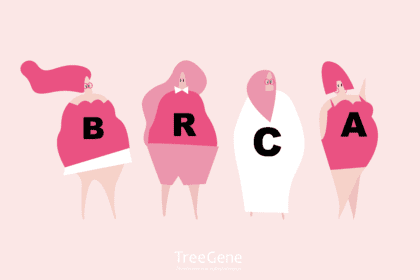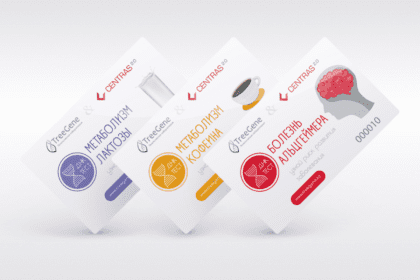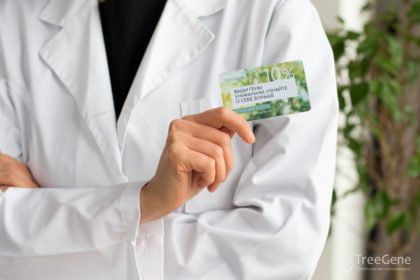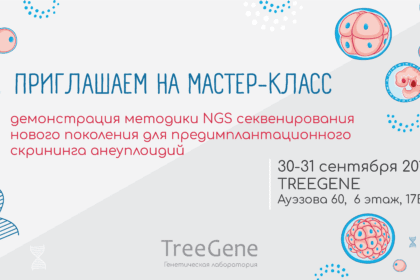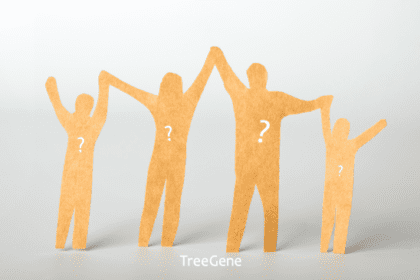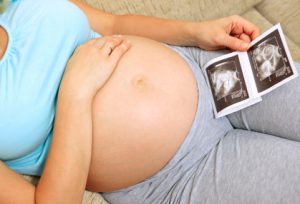 Prenatal diagnosis of trisomy in Kazakhstan is performed for all patients in both private and public institutions. Based on biochemical screening and ultrasound data, the risk of a fetus being born with a chromosomal abnormality is determined. In cases of high risk, invasive prenatal diagnosis (chorionic villus sampling, placentocentesis, amniocentesis, cordocentesis) followed by karyotyping is recommended.
Prenatal diagnosis of trisomy in Kazakhstan is performed for all patients in both private and public institutions. Based on biochemical screening and ultrasound data, the risk of a fetus being born with a chromosomal abnormality is determined. In cases of high risk, invasive prenatal diagnosis (chorionic villus sampling, placentocentesis, amniocentesis, cordocentesis) followed by karyotyping is recommended.
90% of all chromosomal abnormalities in newborns are trisomic 13, 18, and 21 pairs of chromosomes. Down syndrome accounts for 75% of them (L.V. Akulenko, T.V. Zolotukhina).
Despite significant technical advances in prenatal diagnosis, all invasive procedures remain associated with some risk of pregnancy termination, especially for older women. Therefore, the performance of invasive procedures should be seriously motivated.
A new "noninvasive" approach in prenatal diagnosis involves the study of cells, extracellular DNA fragments, and fetal RNA circulating in the peripheral blood of the mother.
As early as 1995, the World Health Organization designated prenatal diagnosis from fetal cells in maternal blood as a possible third noninvasive screening test, along with maternal serum and ultrasound screening. However, studies on fetal cells from maternal blood have proven insufficient because of the low sensitivity of the methods and "microchimerism." Fetal cells not only persist in the bloodstream of pregnant women, but can be deposited for a long time (up to 27 years) in various organs and tissues after pregnancy. Thus, the study is not suitable for pregnant women who are not having their first pregnancy.
In addition to fetal cells, fetal nuclear DNA fragments (cell free) are present in the mother's blood. As a rule, these are short, oligonucleosomal fragments. The likely mechanisms leading to the release of free fetal DNA into the maternal circulation remain fetal cell destruction by lysis or apoptosis. The main source of fragmented fetal nuclear DNA in maternal blood is not fetal blood cells but placental cells - trophoblasts. The concentration of fetal DNA fragments is 2-40% (average about 10%).
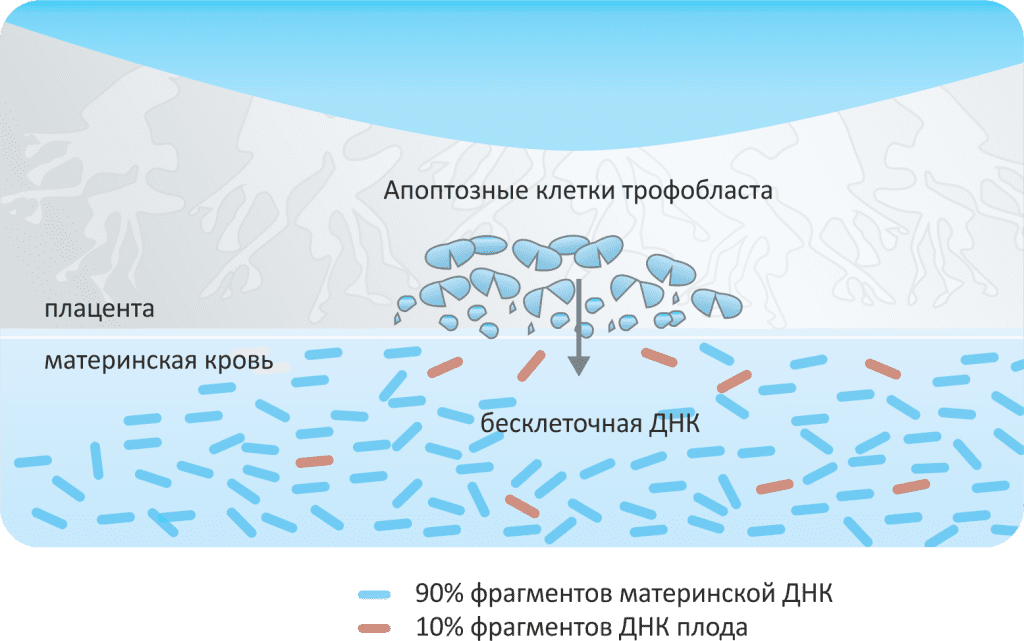
It is on this free circulating DNA that a new high-tech method for determining fetal trisomy is based, thanks to next-generation sequencing.
Unlike fetal nucleated cells, these fragments circulate in the mother's blood for up to two hours. After delivery after two hours they are no longer detected, thus belonging to the current pregnancy.
The first non-invasive diagnosis of major trisomy was developed in the United States in October 2011. Then Germany and China introduced this test in their countries. Since September 2014, it became possible for residents of Almaty as well. PrenaTest® assay is taken at the molecular genetic laboratory TreeGene, then blood is sent to the laboratory LifeCodexx (Germany) for testing. In the near future it is also planned for other cities of Kazakhstan.
Indications for administration of the test:
- Age 35 and older
- Fetal ultrasound findings indicating an increased risk of trisomy 13, 18, or 21
- Prenatal serum biochemical screening results are not normal
- Previous pregnancy with trisomy 13, 18, or 21 or a family history
- Other medical reasons (joint doctor-patient decision)
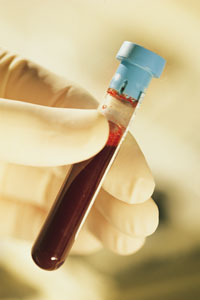 Credibility Prenatest has been evaluated through clinical trials in which LifeCodexx Laboratories has been directly involved.
Credibility Prenatest has been evaluated through clinical trials in which LifeCodexx Laboratories has been directly involved.
A total of 468 blood samples were analyzed; of these, forty-one cases of trisomy 21, eight cases of trisomy 18, and five cases of trisomy 13, a total of 466 blood samples ( >99%) were correctly classified. One case of trisomy 21 was not detected (false negative), and one case of trisomy 18 was found to be false positive.
Free-floating fetal DNA in maternal blood comes from trophoblast cells, so the level of reliability of the study is comparable to a sample directly from the chorion.
Prenatest is not used to detect structural chromosomal aberrations, but only to quantify trisomies. It should also be noted Prenatest does not detect other chromosomal abnormalities and genetic disorders except trisomies 13, 18, 21.
Prenatest is currently a screening test. If the result shows the absence of trisomy of chromosomes 13, 18, 21, no further diagnosis is required. If trisomy is detected, it must be confirmed using invasive techniques.
TreeGene Molecular Genetics Laboratory
г. Almaty, 98 Anosova str;
tel. 391-19-06.
e-mail: info@tree-gene.com
http: www.treegene.kz
